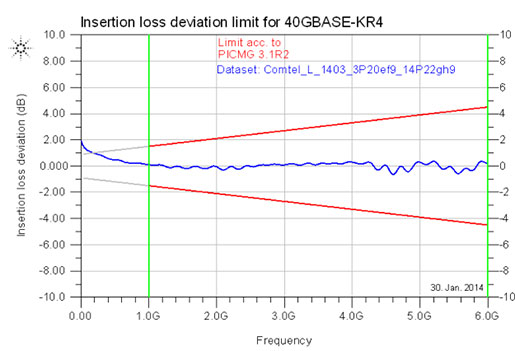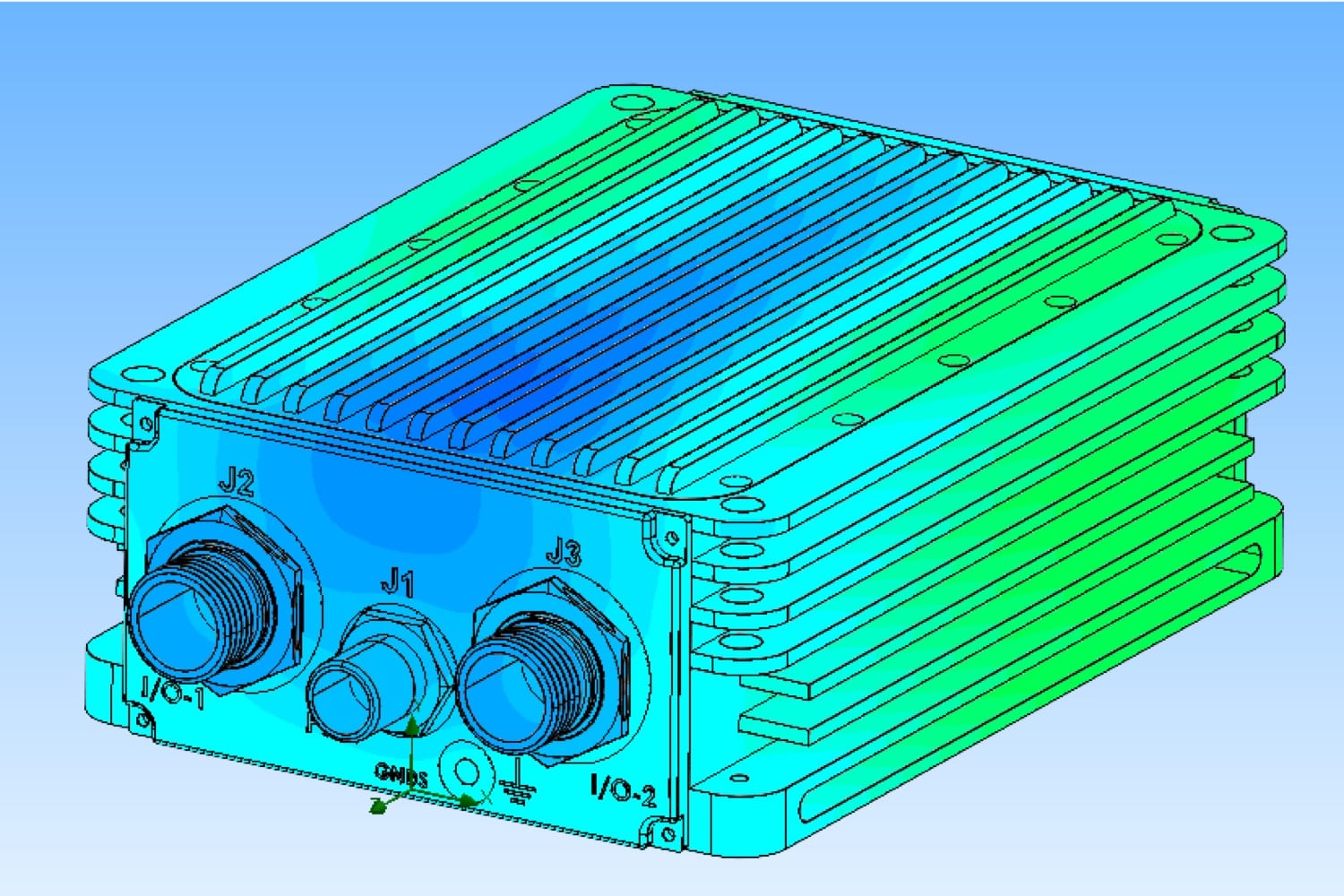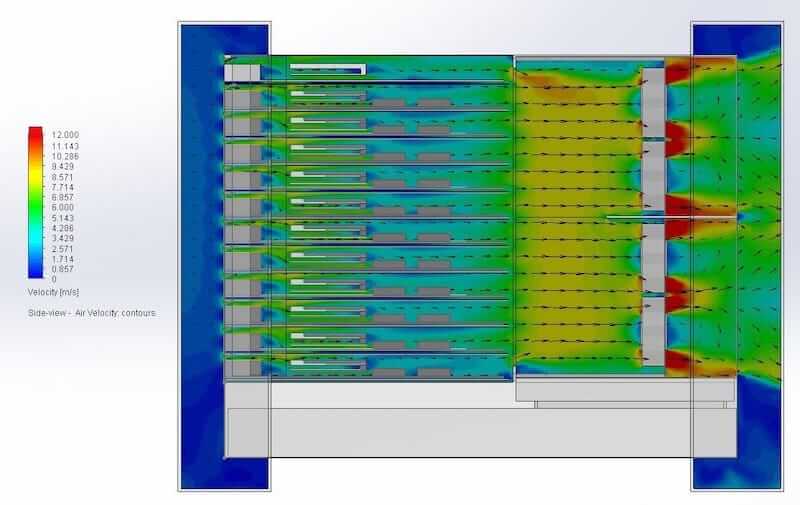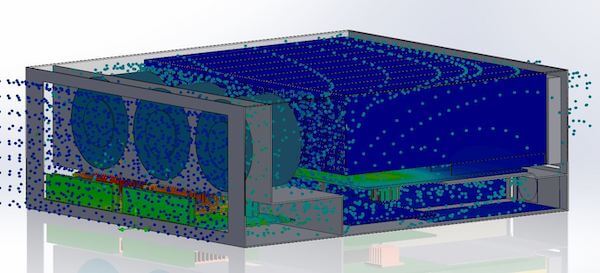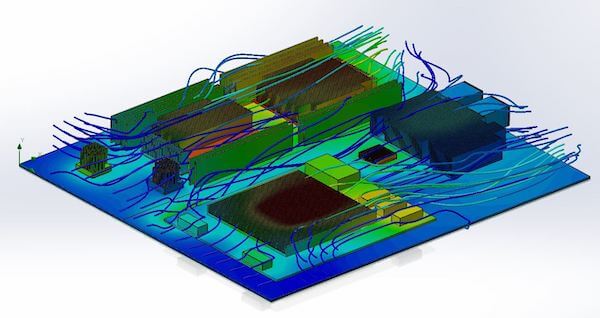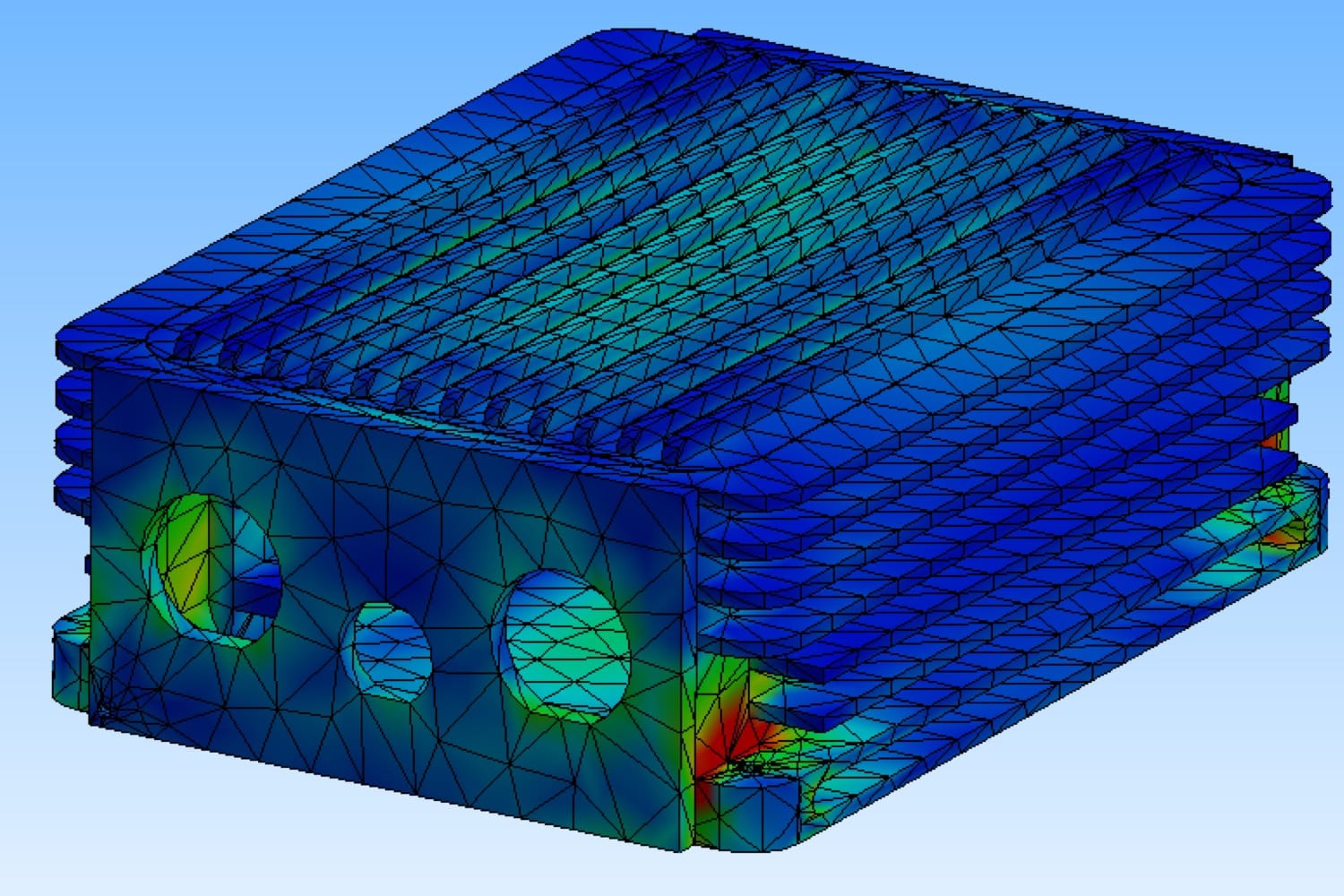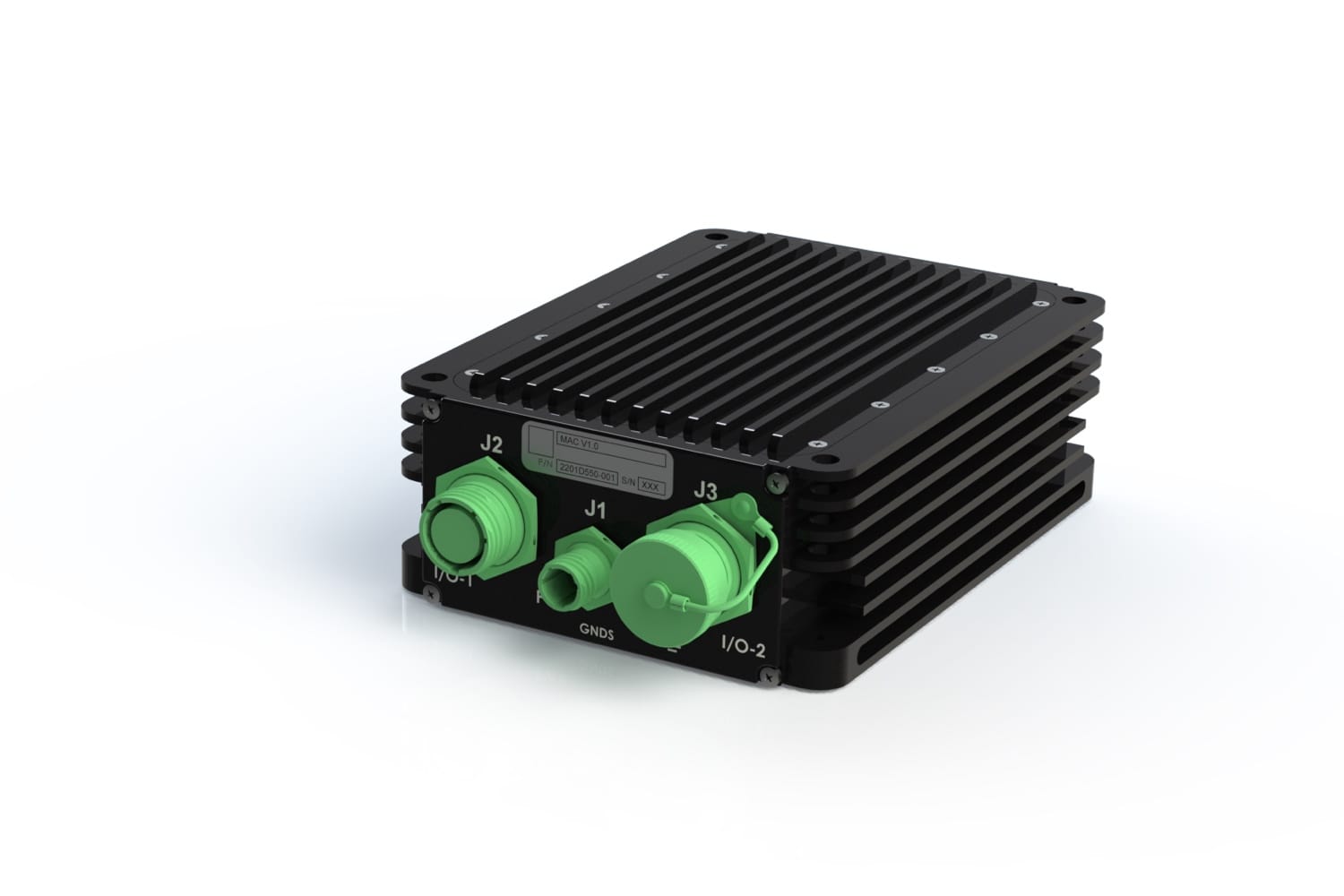A key part of our design process is the use powerful simulation tools:
- To validate the overall feasibility
- To optimise design performance
- To mitigate risks
- To accelerate your time to market
Signal Integrity
Signal Integrity is the study dealing with the impact of interconnect’s electrical properties on system performance. The type of problems can be classified into three categories:
- Reduction of signal quality on a point to point interconnection link (e.g. reflections, attenuation)
- Interaction between signals (e.g. crosstalk)
- Radiation of or susceptibility to EMI
Comtel has the right tools and over 30 years of working experience in field of signal integrity and most up-to-date expertise to approach signal integrity. Our Signal Integrity experts team work closely with the Backplane Design team to provide layout constraints, routing suggestions, stack-ups, materials trade-offs and backdrilling requirements to ensure optimal performance and confidence in meeting the specified interface speeds.
There are a number of key factors that need to be considered which include PCB material, IC technology, connector pin assignement and layout constraints. Comtel understand that the key to accurate simulation is down to the quality of the data and the knowledge gained in comparing these results with real measured performance.
Comtel are pushing the boundaries of connector performance in terms of high-speed data rates with our innovative PCB design and layout techniques known as our Air-/-Plane technology. Our experience in this area has proven the importance of simulation and the accuracy of our results so we offer:
- Frequency Domain: S-Parameters and Crosstalk
- Time Domain: TDR, Eye Diagrams
- DC Power Integrity Analysis
- IEEE compliance to 802.3ba (40Gbase-KR4) and 802.3bj (100Gbase-KR4)
Thermal modelling
This capability is becoming increasingly more important as technology gets smaller.
Cooling is optimised to increase system performance and reliability whilst ensuring operation over extremely demanding environments.
Modelling is done using our Computational Fluid Dynamics (CFD) software and this covers:
Conduction, convection, AFT and liquid cooling solutions
Structural Analysis
Comtel use the latest software tools to offer Structural Integrity and Finite Element Analysis (FEA) as part of our mechanical design capability.
This mitigates any risks of structural failures being seen before shock and vibration qualification and gives an indication of safety margin.
Analysis is conducted in both linear and dynamic simulation environments.

